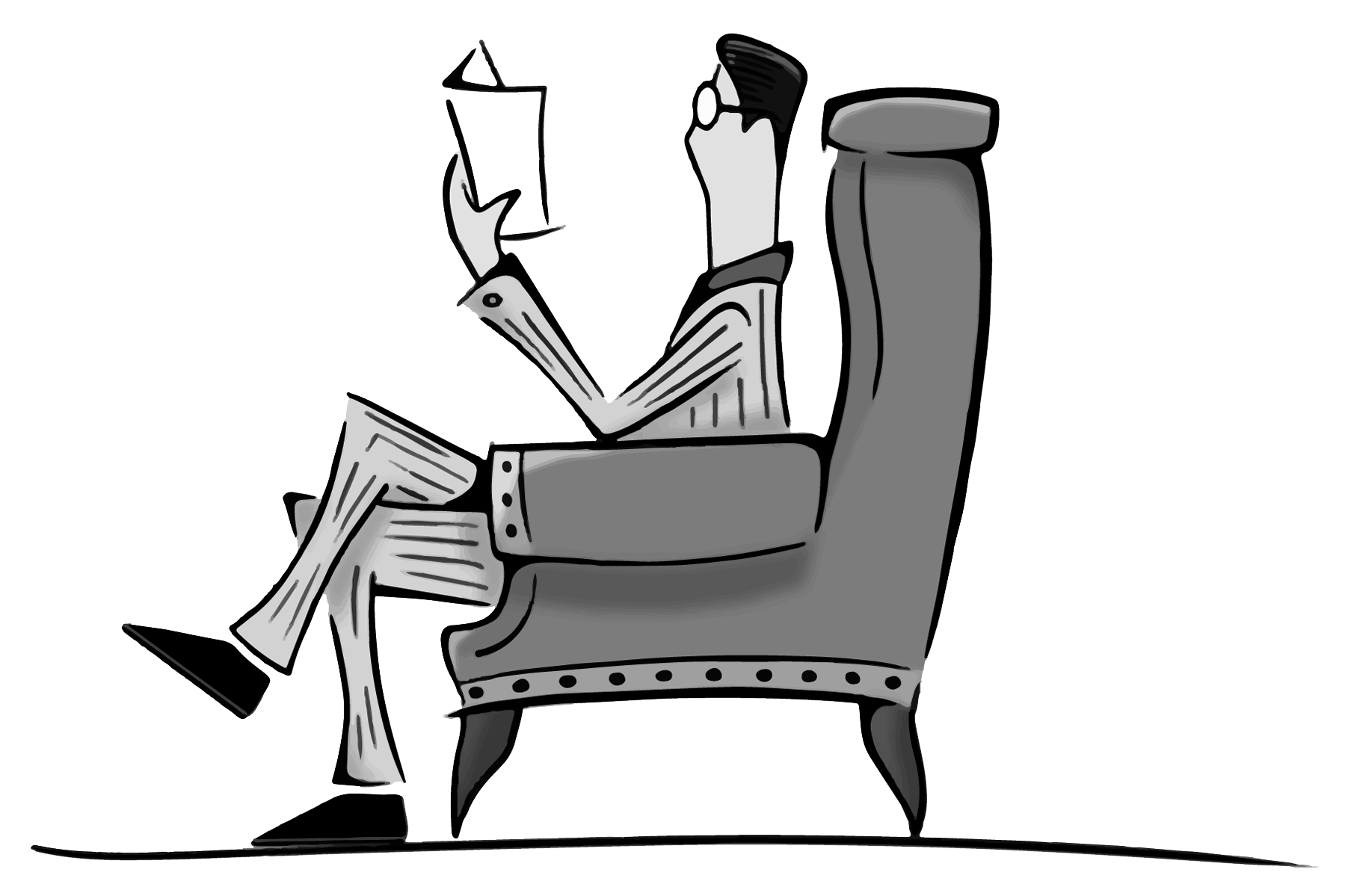Is the War on Marijuana Coming to an End?
Last week, the House of Representatives passed a bill that would decriminalize marijuana at the federal level.
The bill, also known as the MORE Act of 2019, would essentially take marijuana off the list of controlled substances under the Controlled Substances Act, expunge many (if not, most) marijuana-related convictions, and levy a 5% sales tax on cannabis products.
It is important to note that there is a small, yet critical difference between legalization and decriminalization. The latter turns a serious crime into a minor offense (i.e., a misdemeanor), while the former makes a formerly criminal action completely legal. The idea behind any crime’s decriminalization is instead of giving people criminal records which make it harder to obtain a job and find housing, treat it as a minor offense that can be dealt with in a manner comparable to a traffic offense, while still making it a punishable offense. The idea behind full-blown legalization is to try and normalize currently criminal behavior.
Marijuana is currently classified as a Schedule I drug, meaning that it has high potential for abuse and physical or psychological addiction. The way drug scheduling works is that the more potential for abuse and addiction that a drug has, the higher it is listed on a scale of one through five with one being the highest. Examples of other Schedule I drugs are LSD, heroin, and ecstasy, while some Schedule II drugs include cocaine, meth, OxyContin, and fentanyl. Keep in mind that Schedule I is the highest classification for abuse potential. Anyone that has ever used or knows people who use marijuana knows that it is far from being as harmful as LSD and heroin and that it is absurd to think that it is more harmful than cocaine.
Many critics for years have argued that marijuana is a “gateway drug” that allows one to branch out to harder drugs, despite the fact that marijuana currently sits at the highest drug scheduling level under the Controlled Substances Act. If the current drug scheduling is correct, it would mean marijuana is one of the harder drugs. But everyone that seen the effects of marijuana versus the effects of some of the Schedule II drugs and even drugs that are not listed on under the CSA’s drug scheduling (such as alcohol) know that its current scheduling is incorrect. As Representative Steven Cohen (D.) put it in 2014, “People don’t smoke marijuana and beat up their wives,” unlike many who abuse alcohol.
In other words, marijuana does not tend to make people violent or want to commit serious crimes, unlike alcohol and some of the drugs in lower classification levels than marijuana. If marijuana users are peaceful and consuming weed does not make them violent or dangerous, why are we treating potheads like felons?
Though the state has a legitimate interest in regulating the use of marijuana, it has been far too harsh in its attempts to do so. It has decimated communities and taken away the civil liberties of far too many who did not deserve to lose them. When one is convicted with felony possession of marijuana, they lose many rights including the right to keep and bear arms as well as their right to vote.
Furthermore, there is a more recent development in the realm of cannabis that has some medicinal benefits: CBD. This substance comes from cannabis and has been shown to help treat people with epilepsy, chronic pain, depression, and anxiety. However, since CBD comes from marijuana, and because it is classified at the most dangerous level of drugs, it is difficult to perform studies on it, so unless marijuana is at least decriminalized, we will never truly be able to see the full potential that marijuana-based products may provide to the medical field. Though the Senate is expected to vote down the MORE Act, I suspect that this is the beginning of the end of the War on Marijuana, and it’s about time we ended it.
Jacob Meyer is a Political Science student at Texas Tech University in Lubbock, Texas. Hailing from Amarillo, Texas, he is currently involved in local politics in Lubbock, primarily with the Young Conservatives of Texas at Texas Tech.


